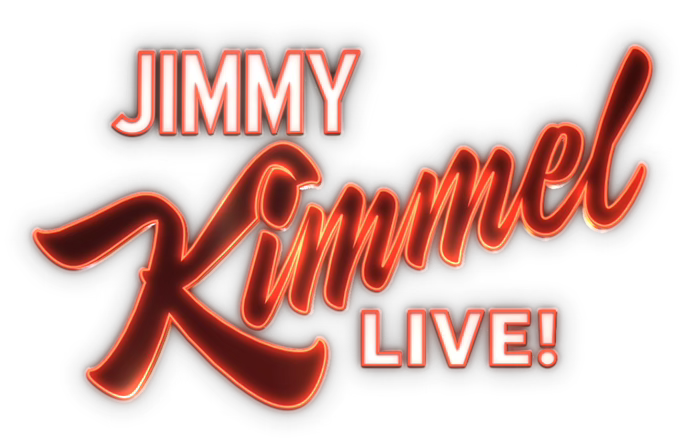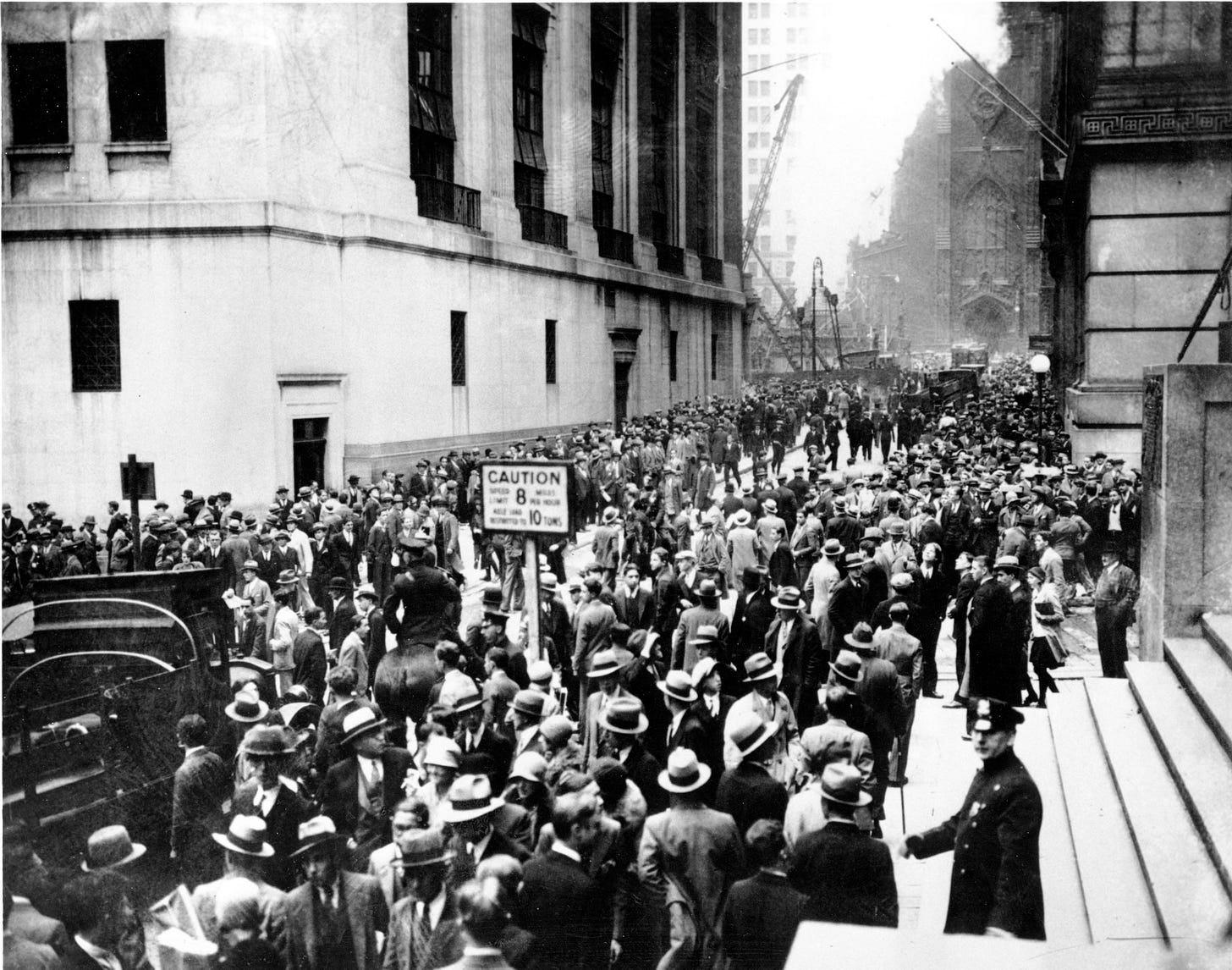Jimmy Kimmel, the blame game, the coming crash, reading is on the way out
Odds and Ends volume 1
The first of an occasional series of posts on pieces that caught my attention.
Blame and Charlie Kirk
Karl Rove, the George W. Bush senior adviser who was called “Bush’s brain,” has an opinion column in the Wall Street Journal that seems exactly right: “There has been a disturbing and growing undercurrent in our national conversation and on the internet,” Rove wrote, “a pronounced emphasis on ‘they’ and ‘them.’ Charlie would be alive but for ‘them.’ ‘They’ killed him. ‘They’ are responsible for his death. ‘They’ must be made to pay.”
“No. Charlie Kirk wasn’t killed by ‘them.’ ‘They’ didn’t pull the trigger. One person did, apparently a young man driven by impulse and a terrible hate. If there were a ‘they’ involved, law enforcement would find ‘them’ and the justice system would hold ‘them’ accountable. But ‘he’ and ‘him’ are the correct pronouns for this horrendous act.”
Opinion | ‘They’ Didn’t Kill Charlie Kirk
The death of reading
James Marriott warns in his Cultural Capital Substack that reading is going out of fashion, with alarming consequences: “More than three hundred years after the reading revolution ushered in a new era of human knowledge, books are dying.”
“Numerous studies show that reading is in free-fall. Even the most pessimistic twentieth-century critics of the screen-age would have struggled to predict the scale of the present crisis.”
The smart phone is making us stupider. And there are other consequences: “Politics in the age of short form video favours heightened emotion, ignorance and unevidenced assertions,” Marriott wrote. “Such circumstances are highly propitious for charismatic charlatans. Inevitably, parties and politicians hostile to democracy are flourishing in the post-literate world. TikTok usage correlates with increased vote share for populist parties and the far right…The rational, dispassionate print-based liberal democratic order may not survive this revolution.”
A day at the ballpark
At Citi Field, Fred Bruning marveled at the lack of attention to baseball at a New York Mets game; of course, the team was on an eight-game losing streak and may not make the playoffs. In his Invisible Ink Substack, Bruning wrote of “ballpark dilettantes, moseying along as though window shopping on the Champs-Élysées, stopping now and then to chat, investigating the endless options for Mets swag in the team’s many merchandise outlets, enjoying a frosty brew at a high-top table.”
“Otherwise, there is the selfie crowd who pose throughout the contest, standing, back to the playing field, blocking the view of the dreary traditionalists who have come to watch the game and then discuss the photos among themselves and send the photos to friends and then call the friends to assess the photos…”
“In front of us the other day, two fellows, early 20s, watched kickboxing matches for nine innings. Others are there for the scheduled event, yes, but, remarkably, view it on electronic devices not the well-mown acreage beyond. Some spend hours attentive to video diversions. Many ring up friends with calls they could have made at home and saved the trouble of climbing to the upper deck.”
Free speech is everything
In his Noahpinion Substack, Noah Smith has a sharp piece on the silencing of Jimmy Kimmel:
“Over the last few days, the Trump administration has begun to use government power to persecute people for saying things it doesn’t like. Jimmy Kimmel, a late-night comedy show host, accused the MAGA movement of trying to make political hay out of Kirk’s murder (which appears to be true), and claimed that the killer was actually a rightist (which appears to be false).” ABC suspended Kimmel’s show amid threats from Brendan Carr, the Trump administration’s FCC chairman.
Smith compellingly lays out the stakes in this battle: “Why is freedom of speech so essential to American civilization, and to democracy? Because once freedom of speech is eliminated, it becomes far easier for power-hungry regimes to cancel other freedoms as well, since no one will be able to speak out in opposition. You don’t need any vague slippery-slope arguments to realize that freedom of speech is the first and most essential bulwark against the abrogation of all freedoms.”
First the rally, then the crash
The 100th anniversary of the October, 1929 stock market crash is four years away, and already the fascination with it is growing. Andrew Ross Sorkin’s book, 1929: Inside the Greatest Crash in Wall Street History--and How It Shattered a Nation is due out on October 14.
In the Wall Street Journal, Spencer Jakab reported on a money manager who is betting








